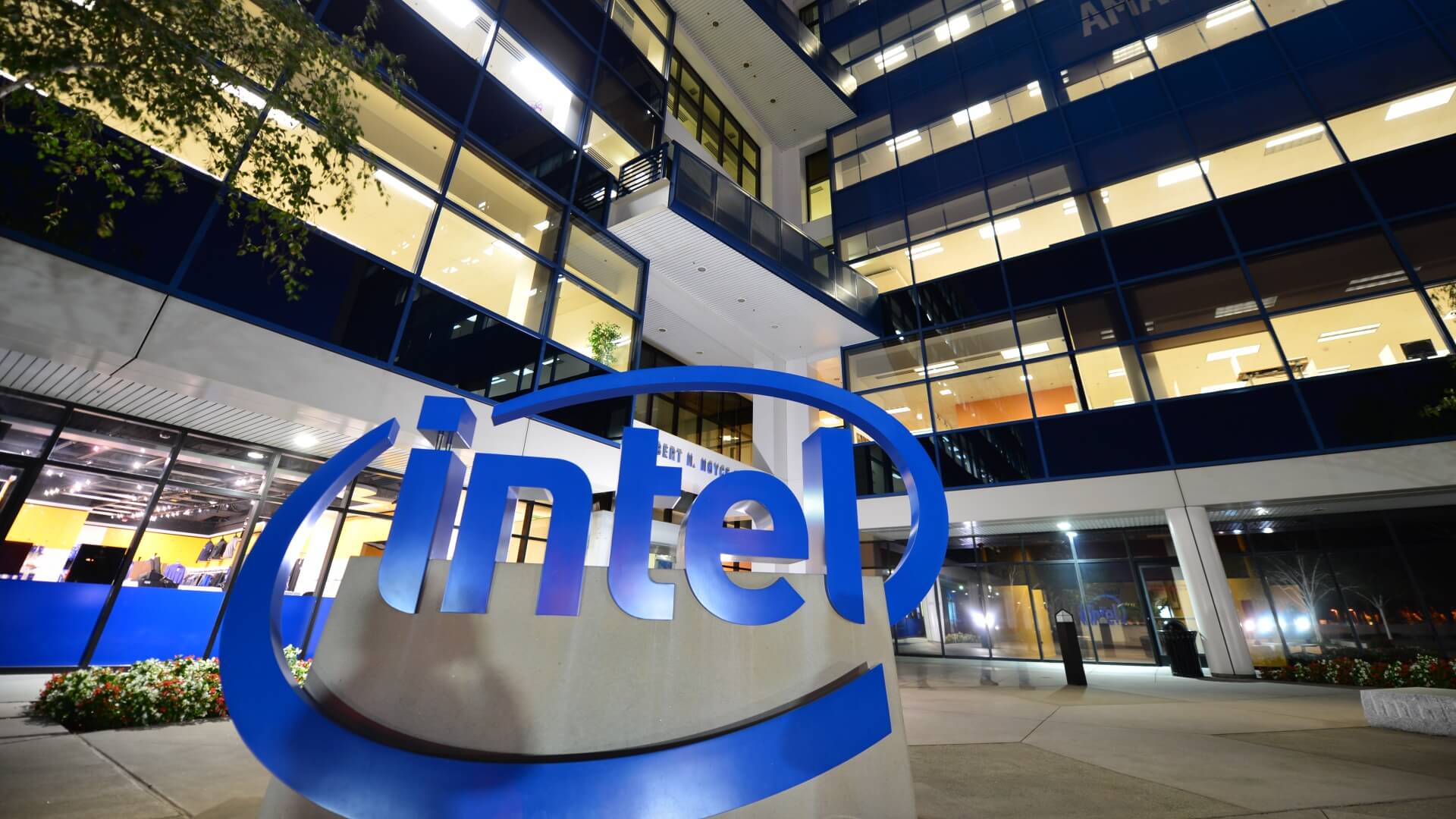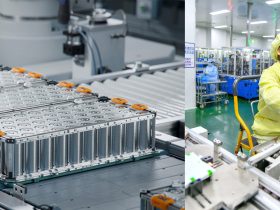Intel experienced a nearly 7% decline in its shares on Wednesday, as the escalating losses within its contract chip-making division indicated a potential delay in achieving profitability comparable to its rival, Taiwan Semiconductor Manufacturing Co. (TSMC).
In its recent disclosure of financials for the foundry unit on Tuesday, Intel revealed that the business incurred operating losses of $7 billion in 2023, compared to $5.2 billion in 2022.
“We expected foundry economics to be bad, and they truly are,” remarked Bernstein analyst Stacy Rasgon. “We likely have several years of substantial headwinds still in front of us.”

The company has been investing billions of dollars to regain its position as the leading producer of cutting-edge chips, a status it relinquished to TSMC, now the largest contract chipmaker globally.
Intel’s capital investments, categorized as “construction in progress,” totaled $43.4 billion as of December 30, 2023, compared with $36.7 billion a year earlier.
Additionally, Intel intends to allocate $100 billion to facilities across four states in the United States, partly supported by funding from the U.S. Chips Act.
CEO Pat Gelsinger outlined that operating losses for its contract chip-making division would peak in 2024 before reaching break-even around 2027, constituting approximately 35% of Intel’s total net revenue in 2023.

With TSMC’s revenue reaching T$625.5 billion ($19.52 billion) in the final quarter of 2023, significantly surpassing the $18.9 billion in sales from Intel’s foundry unit in 2023, investor confidence in Intel’s foundry prospects has been rattled.
“The incumbents’ geographic and talent advantages, as well as their established rolodex of tier-1 customers, have jolted investor confidence in Intel’s foundry prospects,” explained Parv Sharma, a senior analyst at research firm Counterpoint.







Leave a Reply